What are Grassroots Movements and Their Role in Legal Change in Canada? Grassroots movements are collective efforts by ordinary people to advocate for social, political, or legal change. In Canada, these movements play a crucial role in influencing legislation and policy. They often arise in response to perceived injustices or unmet needs within communities. Grassroots […]
What is Kim Pate’s role in prison reform? Kim Pate is a prominent advocate for prison reform, focusing on the rights of incarcerated women. She serves as the executive director of the Canadian Association of Elizabeth Fry Societies. In this role, she works to improve conditions for women in prison. Pate emphasizes the need for […]
What are the challenges of intersectionality in Canadian legal activism? Intersectionality in Canadian legal activism faces several challenges. One major challenge is the lack of understanding of intersectional issues among legal practitioners. Many lawyers and judges may not recognize how multiple identities affect individuals’ experiences with the law. This can lead to inadequate representation in […]
What are Collaborative Approaches in Canadian Legal Activism for Social Change? Collaborative approaches in Canadian legal activism for social change involve partnerships among various stakeholders. These stakeholders include non-profit organizations, legal professionals, and marginalized communities. Collaboration enhances the effectiveness of advocacy efforts. It allows for pooling resources and sharing expertise. This approach addresses complex social […]
What is the role of non-profit organizations in Canadian legal advocacy? Non-profit organizations play a crucial role in Canadian legal advocacy. They provide legal representation and support to marginalized communities. These organizations often focus on social justice issues, such as human rights and environmental protection. They engage in public interest litigation to challenge unjust laws […]
What are the historical milestones of [censured] rights in Canada? The historical milestones of [censured] rights in Canada include significant legal and social changes over the decades. In 1969, Canada decriminalized [censured] acts between consenting adults, marking a pivotal shift in legal recognition. In 1982, the Canadian Charter of Rights and Freedoms was enacted, providing […]
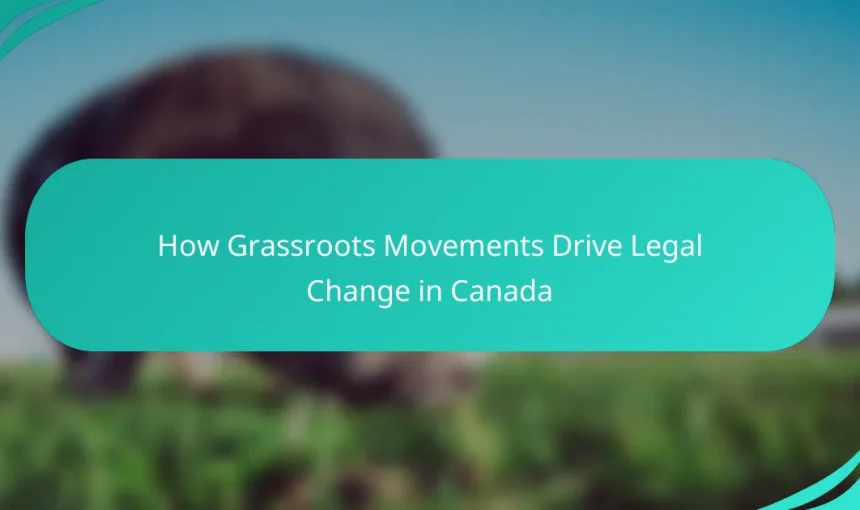
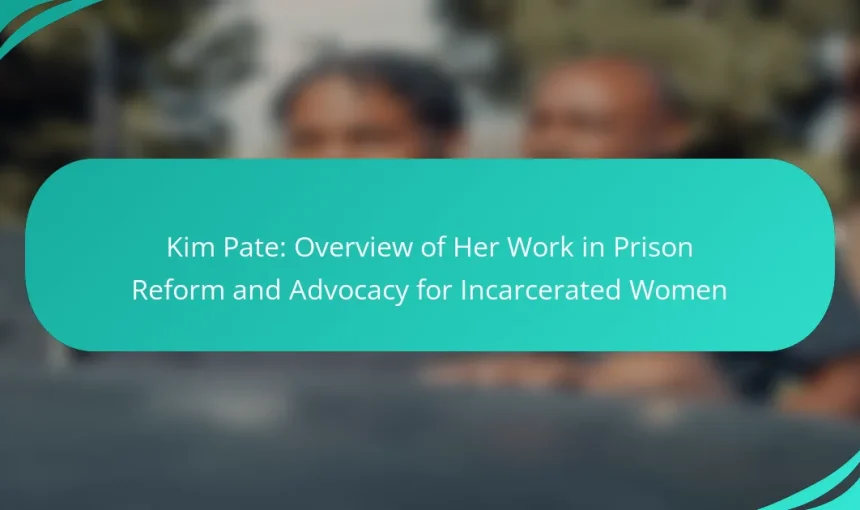
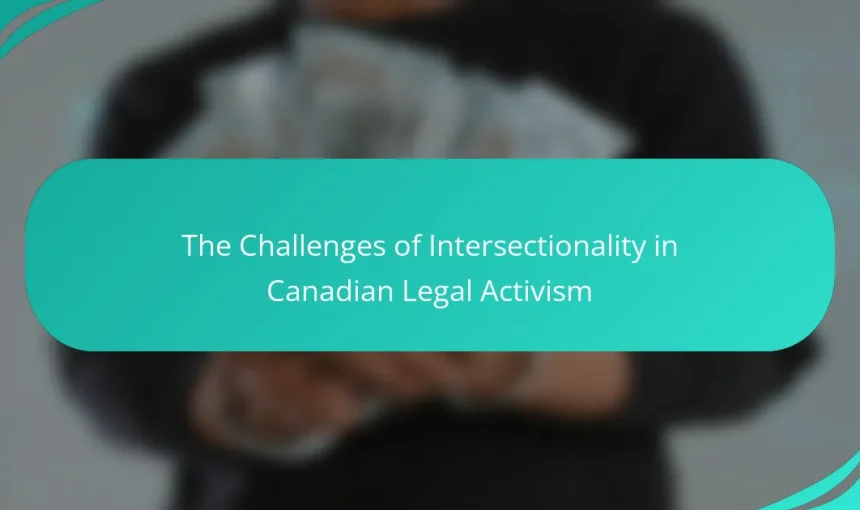
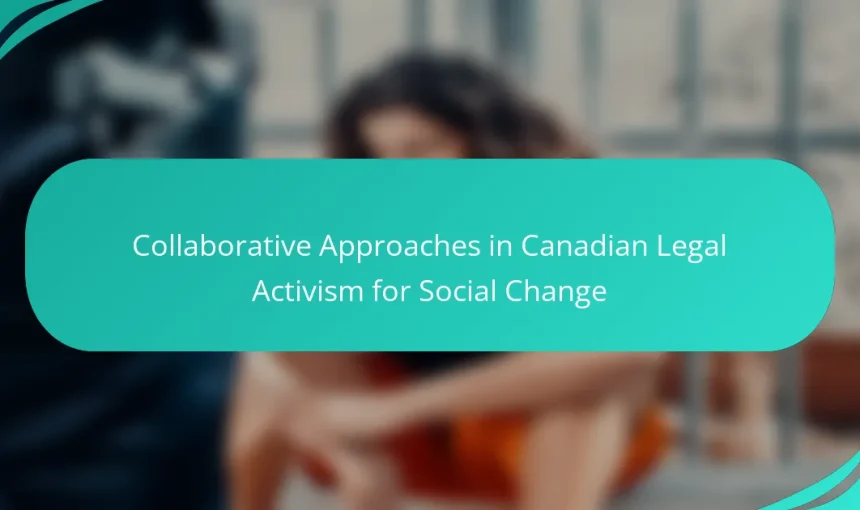
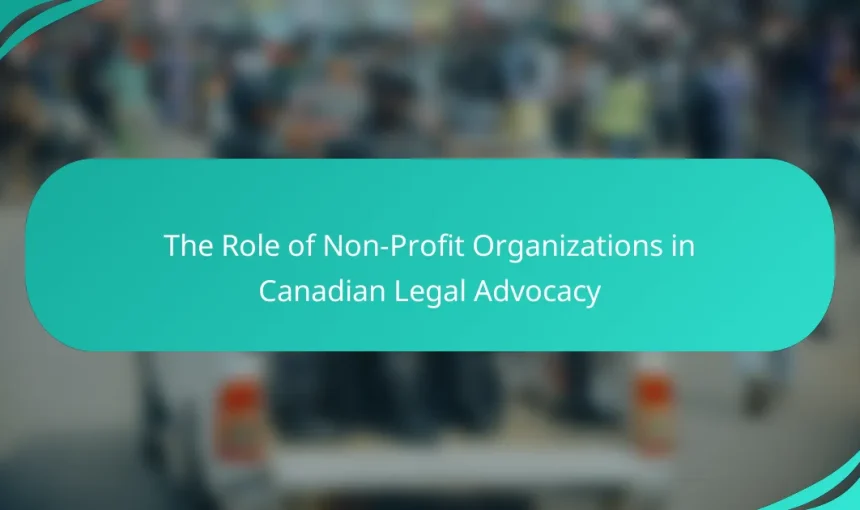
![[censured] Rights in Canada: Historical Milestones, Legal Changes, and Activist Contributions](https://nofreedomdobson.com/wp-content/uploads/featured-image-censured-rights-in-canada-historical-milestones-legal-changes-and-activist-contributions-860x510.webp)